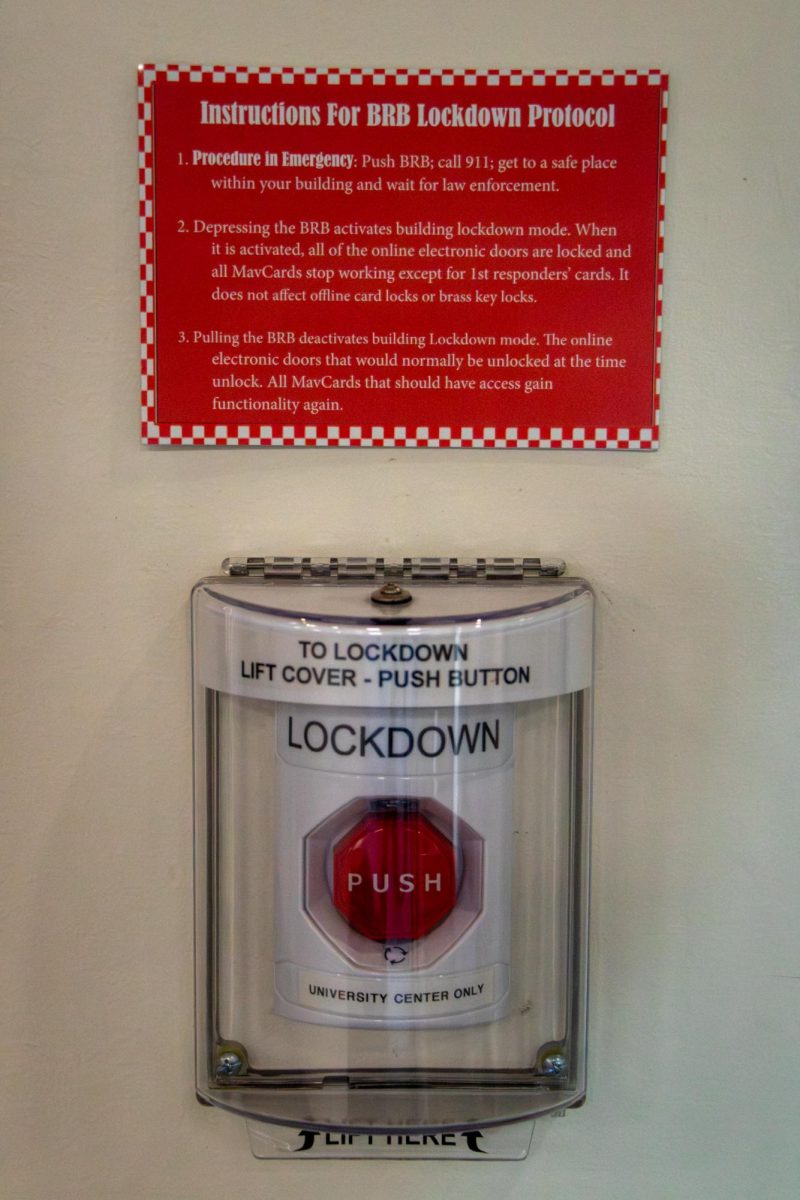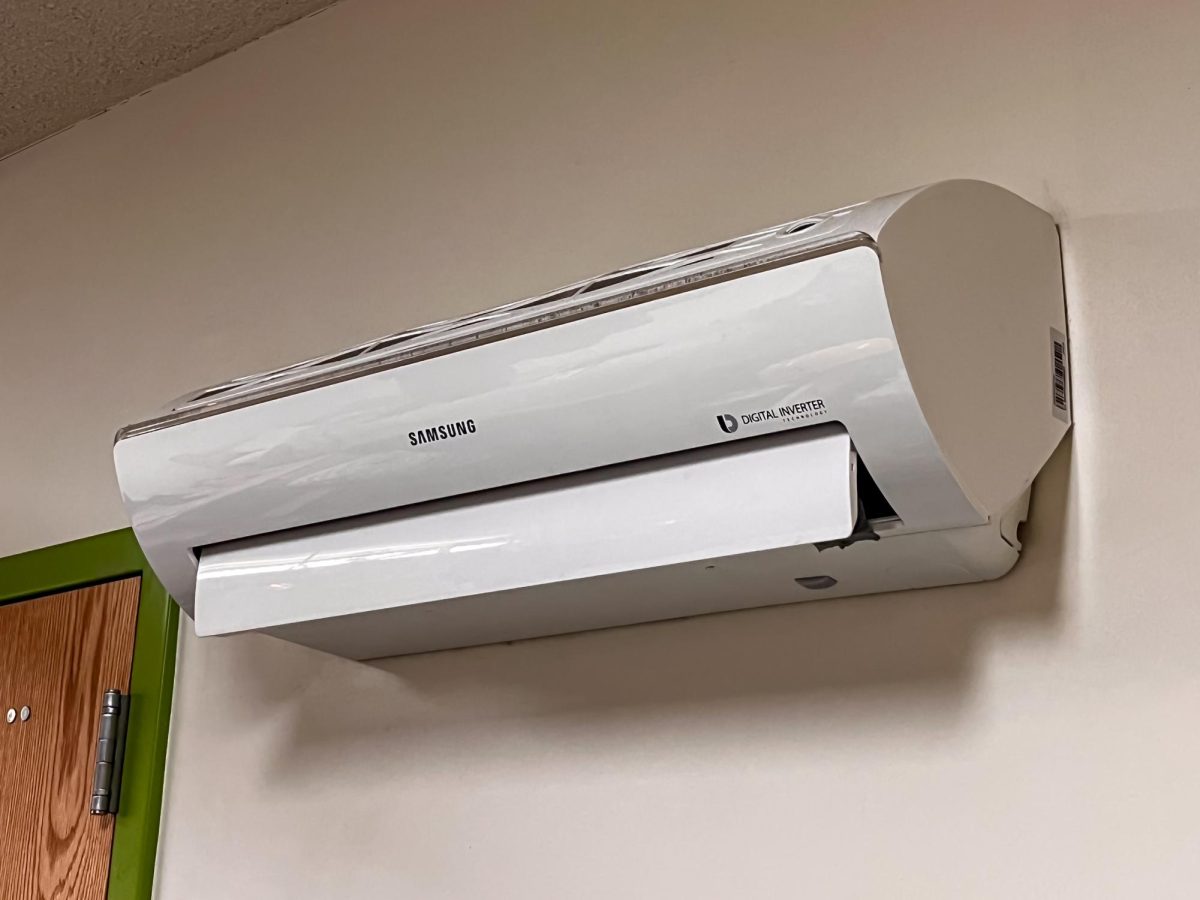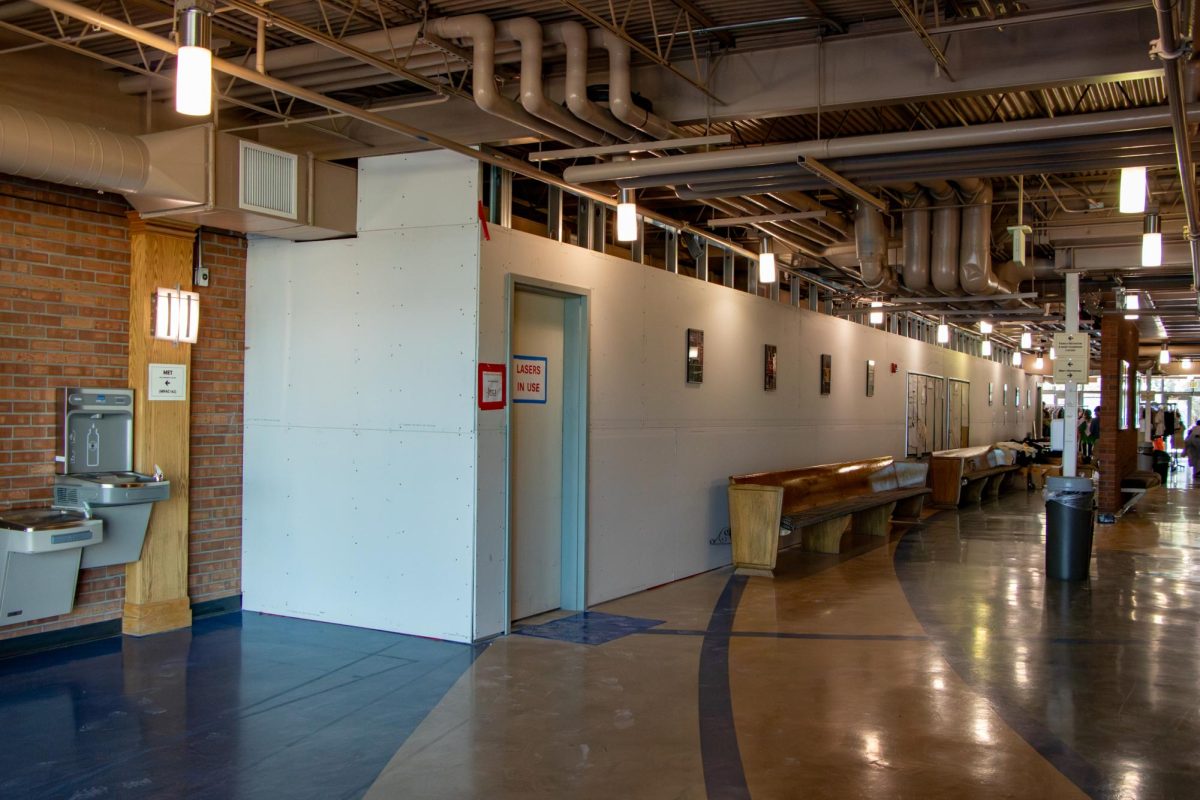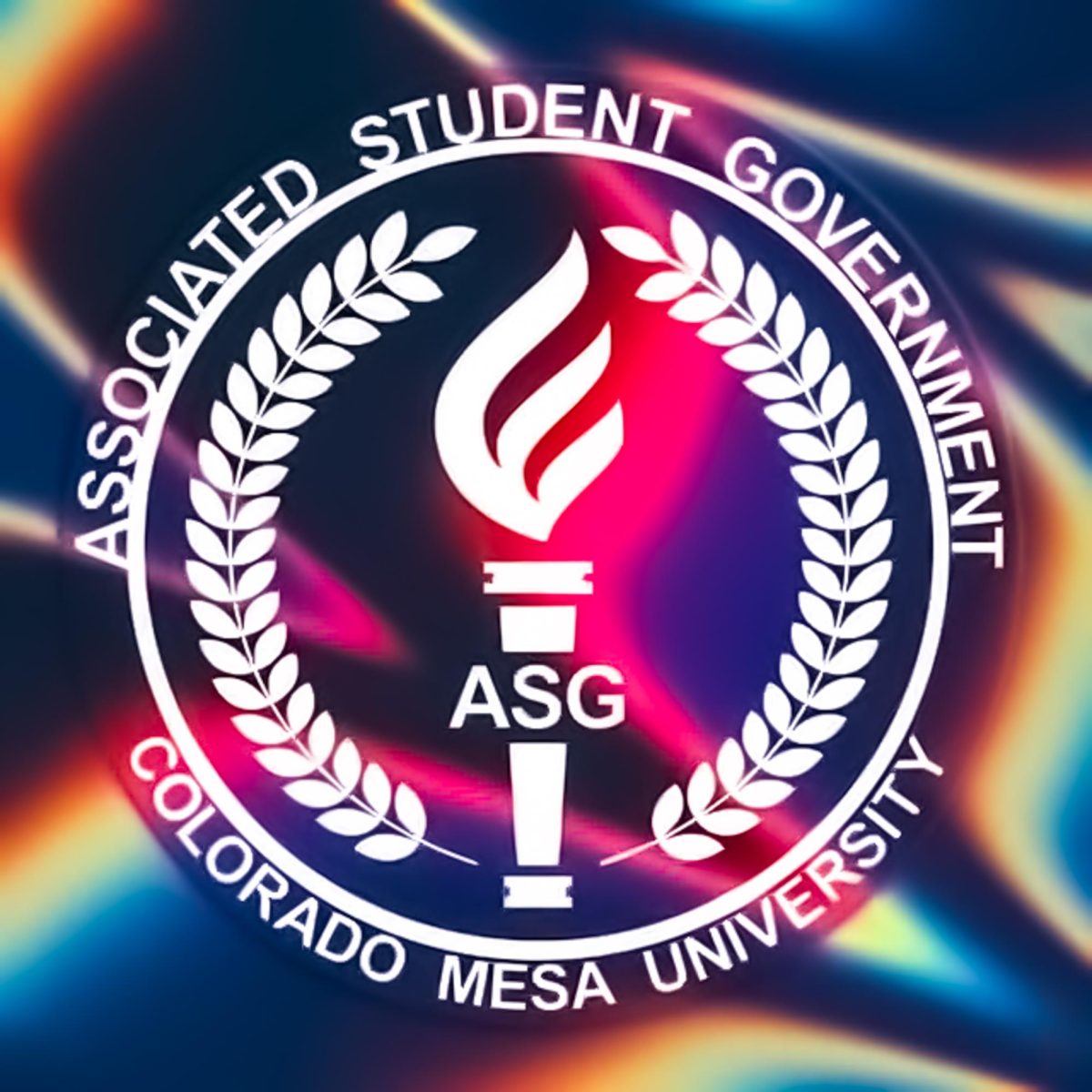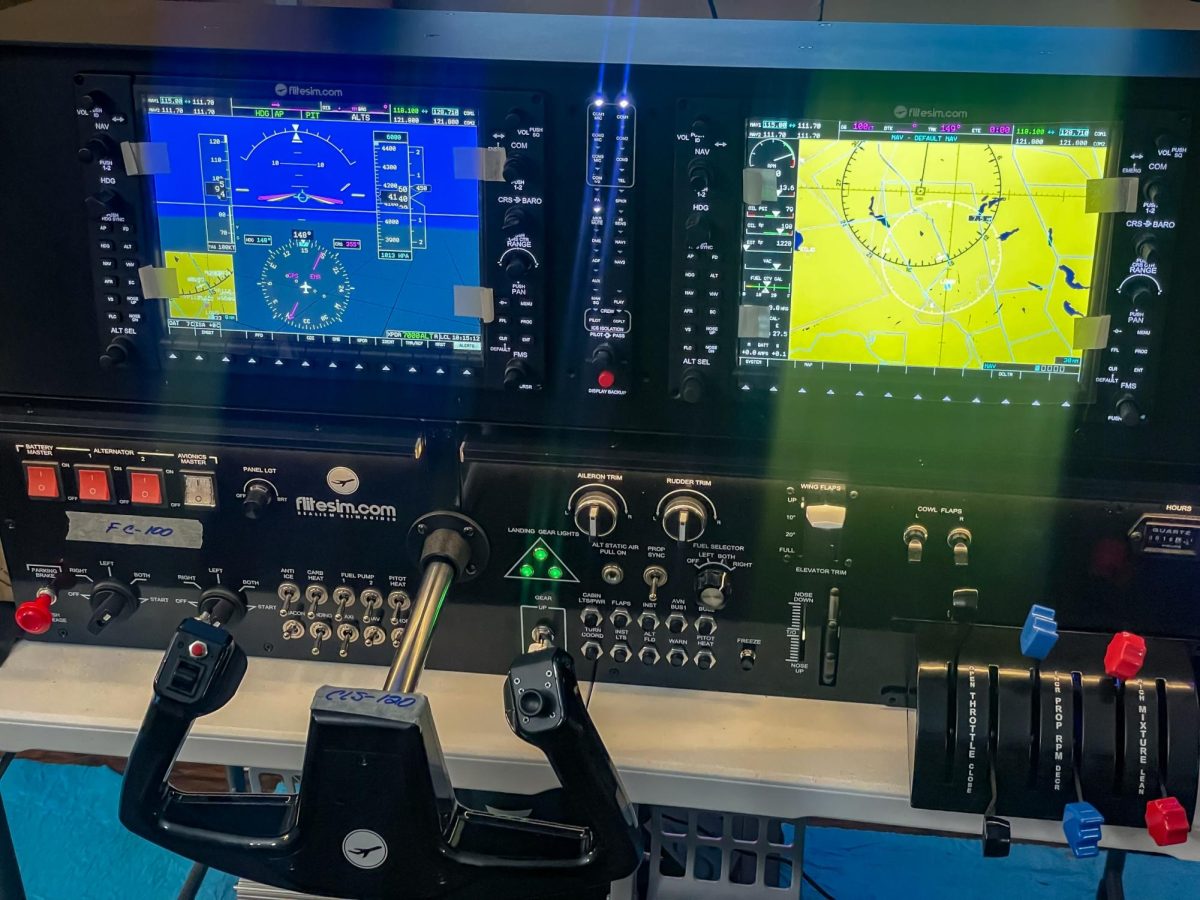by Connie Kim
CMU’s Office for Diversity, Advocacy and Health and the Cultural Diversity Board partnered with the Grand Junction Police Department (GJPD) to host their first ever question and answer series at The Point last Thursday.
The event was called, “Last Talk About It,” where students gathered to speak to a police officer of the local community, and the GJPD Chief of Police. Ky Oday, CMU’s Coordinator for Student Diversity, also took the stage. The school’s football team and the Black Student Alliance were among the crowded stage area that participated in the event.
“We’re here to answer any tough questions that you may have,” Chief John Camper said upon starting the event.
Several hands were raised and the students asked questions pertaining to police brutality and the Black Lives Matter movement.
“Hearing about all these shootings of unarmed victims, it makes me scared of the police,” Briana Hodges, Student Ambassador for the university, as well as the coordinator for the Black Student Alliance, said. “Back in the day if my mom got pulled over, she would know that she’s getting stopped because she was speeding or whatever. But if I got pulled over now, I wouldn’t know if it was for speeding or for something else. I freeze up when I get stopped, and I can’t even move my hands from the wheel. What would be the best way to handle the situation so that I don’t get in trouble for something else?”
Other questions included the process for reporting police brutality and unequal treatment, as well as what the GJPD office was doing to prevent and halt racial profiling within their units.
“Some of us [African Americans] are just naturally loud in conversation, and sometimes people are unaware of this fact and mistake it for conflict between two people,” Patrice Harris, Director of Communications for the Cultural Diversity Board, said. “That’s something that only people who are familiar with the culture will understand. What are you guys doing to train your officers for better interaction with people of different cultures to prevent tragic accidents from happening?”
Camper responded and said, “I believe that the police department has the best people in the force, and we are training our officers to work well in difficult situations, but in a lot of these times, communication is key. If you get pulled over, it’s important to to stay calm and speak to the officer so he or she knows what you are doing. When you move your hands from the wheel, let them know that you are reaching for your license. It’s important to communicate so that everyone is on the same understanding.”
Following the event, the student audience left with mixed reactions.
“I feel like it would have been a lot more beneficial if they actually answered our questions,” student Maya Anglin said. “They were just dancing around the questions and gave us cookie cutter answers that anyone would easily assume. I wanted it to get real; what’s the point if they’re not going to be honest with us?” Hodges, who asked the initial question, had a different reaction.
“It was one of the coolest and rarest opportunities to be able to speak openly with cops about the issues and concerns we as students, athletes and minorities have,” Hodges said.
Overall, theDiversity, Advocacy and Health feels the event was a success.
“This was the first time we did anything like this and students were able to get involved,” Oday said. “I understand some of the student’s concerns, but we hope to have more events like this in the future and improve upon it.”
Students who were not able to get their questions answered, or students, who are interested in attending, the event will happen again on Thursday, Nov. 2, at 6 p.m. at The Point.



